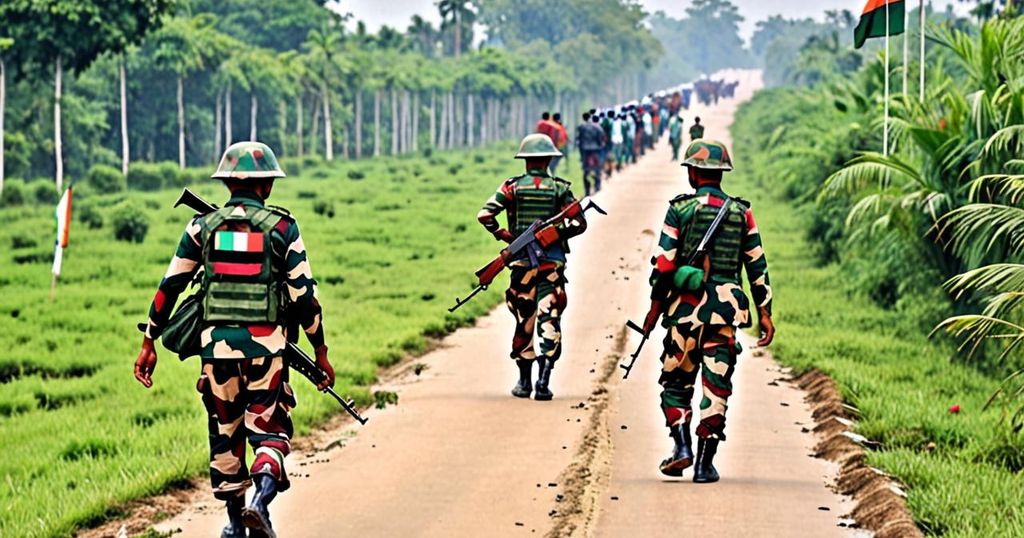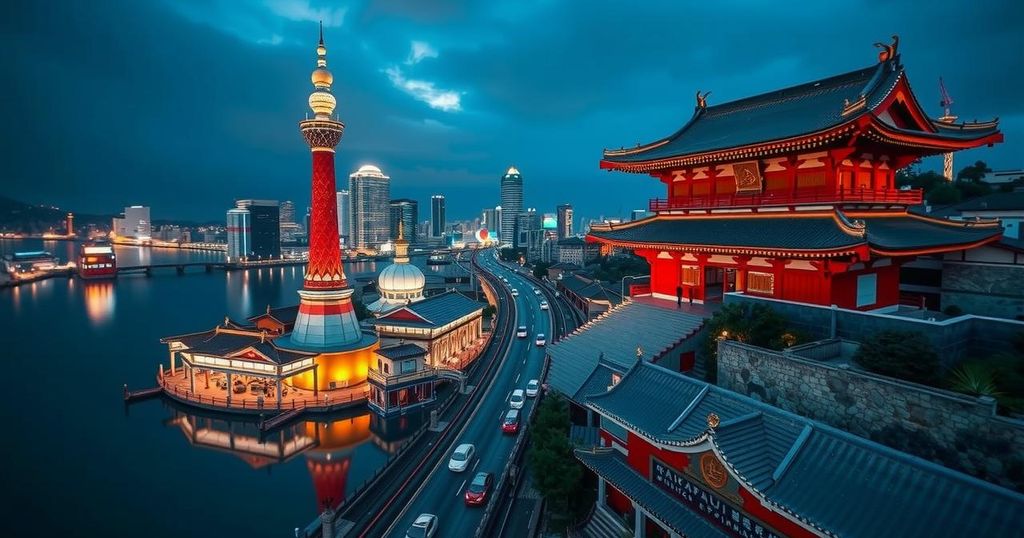Trouble Brewing in Bangladesh: The Potential for Another Pakistan on India’s Border
The situation in Bangladesh is of great concern to Indian officials, as the pro-Pakistan BNP and radical Jamaat-e-Islami are gaining influence. Allegedly supported by ISI and funded by Chinese entities, these groups are actively working to destabilize the government of Prime Minister Sheikh Hasina. There are apprehensions that a potential return to power of Khaleda Zia’s party could result in a notable shift in Bangladesh’s foreign policy, with possible implications for India.
The Inter-Services Intelligence (ISI)-backed Jamaat-e-Islami and its Islamic student outfit, the Islamic Chhatra Shibir (ICS), are reportedly receiving substantial financial support to advance their anti-India agenda. The ICS has been involved in various activities aimed at promoting a jihadist agenda in Indian territories adjacent to Bangladesh. There are indications that ICS members have undergone training in Afghanistan and Pakistan, with the ultimate aim of establishing a Taliban-style government in Bangladesh.
Additionally, the Bangladesh National Party (BNP) of Khaleda Zia has a history of promoting militancy in India’s Northeast. A resurgence of the BNP could strain India-Bangladesh defense ties, potentially impacting regional security and strategic dominance in the Bay of Bengal.
The close relationship between the BNP and China has also raised concerns, with similarities between the BNP’s political manifesto and that of the Communist Party of China. Meanwhile, the strained defense ties between Bangladesh and India could further complicate the situation, especially if the BNP and Jamaat-e-Islami come to power in Bangladesh.
Bangladeshi terror outfit Harkat-ul-Jihad-al-Islami (HuJI) has close ties with Pakistani militant organizations, and instances of ISI’s involvement in Bangladesh’s internal politics have been reported. With the possibility of Bangladesh once again actively promoting terror in India and aligning with Pakistan and China, Indian officials fear the emergence of another Pakistan on its border, posing a constant security challenge and eroding India’s strategic power in the neighborhood.
The potential for instability in Bangladesh and the rise of pro-Pakistan and China forces in the country present a significant diplomatic and security challenge for India. It is imperative for India to carefully navigate its relations with Bangladesh to ensure regional stability and security.
In conclusion, the current situation in Bangladesh, with the potential rise of pro-Pakistan and China forces, presents a significant diplomatic and security challenge for India. The country must navigate its relations with Bangladesh diligently to ensure regional stability and security.








Post Comment